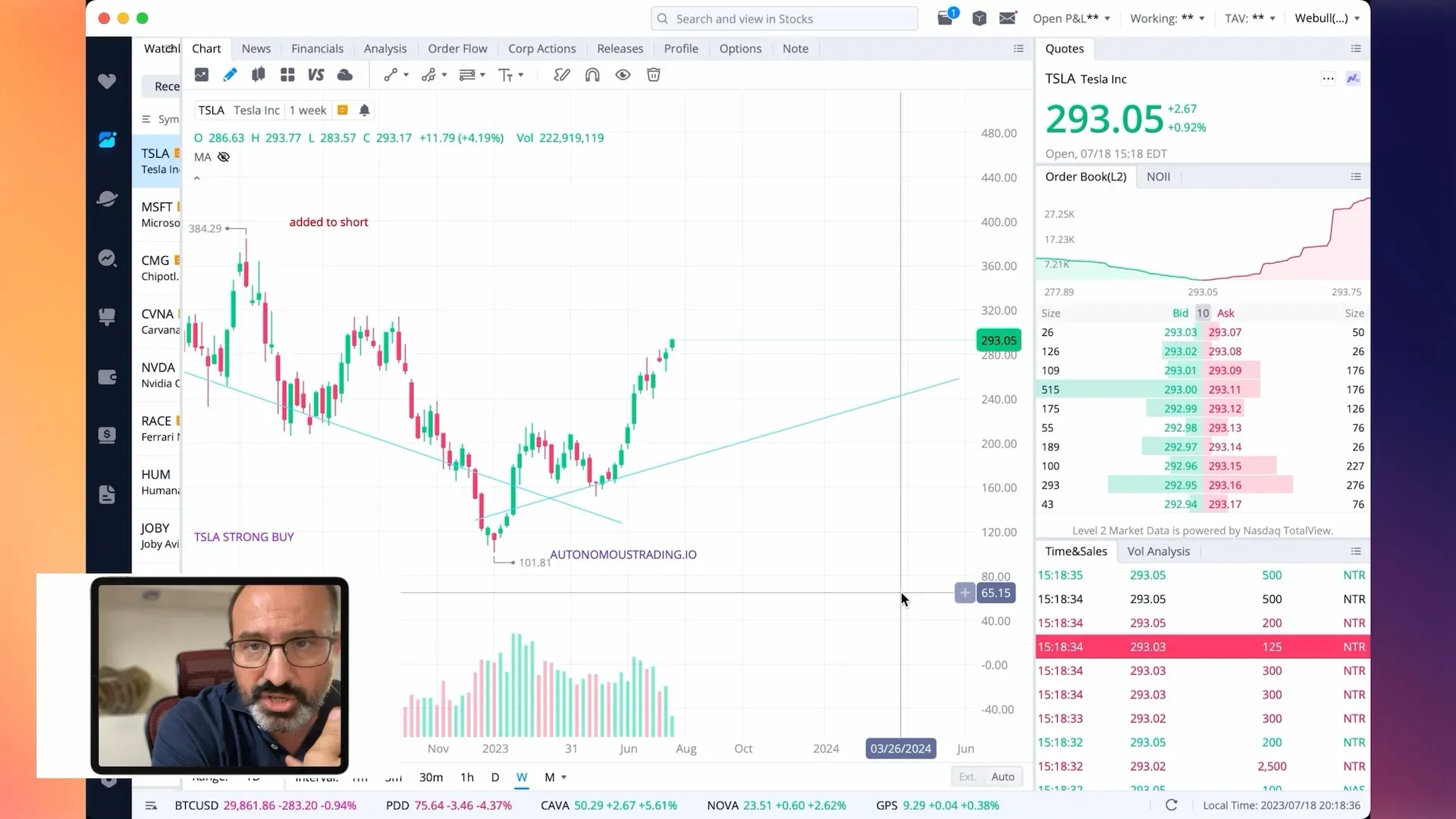Truth in the Age of Deceit: Understanding Social Media Influencers Deeper Agendas
In today's social media-dominated landscape, influencers hold vast sway over audiences. Yet, as genuine content and hidden promotions merge, understanding their deeper motives is crucial. This article explores the veiled agendas in an age of digital deception.

Influencers wield unprecedented power over mass perceptions and opinions in an era where social media platforms dominate public discourse. However, as the lines between genuine content and concealed promotions blur, it becomes imperative to discern the underlying motives of these digital trendsetters. "Truth in the Age of Deceit" delves into the intricate web of social media influencers' agendas, urging readers to navigate the online realm with a discerning eye.
In an era of rampant misinformation and deceit that seems ubiquitous, speaking the truth becomes revolutionary. George Orwell once asserted, "In times of universal deceit, telling the truth is a revolutionary act." This sentiment ties intriguingly to another: "Look deep into this man's agenda, and then you will understand everything better." The intertwining of these two thoughts sheds light on the profound importance of discernment and understanding in our contemporary landscape.

1. The Ubiquity of Deceit
In the modern information age, deceit isn't just about lying. It's about obfuscation, misdirection, and carefully crafting narratives that serve a specific purpose or agenda. Now, more than ever, there is an overwhelming flood of information, making it challenging to discern fact from fiction.
Look deep into this man's agenda, and then you will understand everything better
What's this specimen/agent agenda? 🇮🇱 #israel https://t.co/MRmxuFhlxV
— Alex Vieira (@realalexvieira) October 28, 2023
2. Truth as a Revolutionary Act
Given the layers of deceit, telling the truth becomes a bold stance. It's no longer just about being honest but about challenging the status quo, confronting powerful narratives, and often risking backlash. Speaking the truth in such times isn't merely an act of honesty but a declaration of resistance against widespread deception.

The Origin and Consequences of the MEME Phenomenon for the United States Economy: A Dive into Speculation, Culture, and Societal Shifts
3. Decoding the Deeper Agenda
Just as there's a call for truth in the face of deceit, there's an imperative to understand the deeper motivations behind actions and narratives. "Look deep into this man's agenda" suggests that what is presented on the surface might be a facade or a distraction. To truly understand, one must delve beneath the surface, sifting through layers of intent and strategy.
4. The Intersection of Truth and Understanding
By correlating these two thoughts, we realize that telling the truth and understanding deeper agendas are two sides of the same coin. One cannot genuinely understand the world around them without acknowledging the fact. Conversely, speaking the truth requires an understanding of the deeper forces at play, ensuring that the truth isn't just reactive but insightful.

Lessons from T.S Eliot and Grigori Perelman: A Journey of Insight and Victory over the Delusion of American Exceptionalism
5. The Personal and the Universal
While these insights seem most applicable to major societal or political narratives, they're equally relevant in personal interactions and day-to-day experiences. Whether navigating workplace politics, understanding a friend's behavior, or deciphering a news article, the call to seek truth and understand deeper motivations is universally applicable.

Dubai New FOMO. Hollywood Rapper Will Smith First to Dive. Genius Finds Gold Selling-Short FOMO Stocks SPCE. AMC. GME.
Conclusion
"In times of universal deceit, telling the truth is a revolutionary act." Paired with the call to deeply understand agendas, these sentiments provide a roadmap for navigating a complex world. They remind us that to be informed citizens and genuine individuals; we must be both seekers of truth and discerning readers of intent. In the maze of modern narratives, this combined approach is not just advisable—it's essential.

Intuitive Code's AI Lying Detector accurately predicts Pfizer's stock crash


